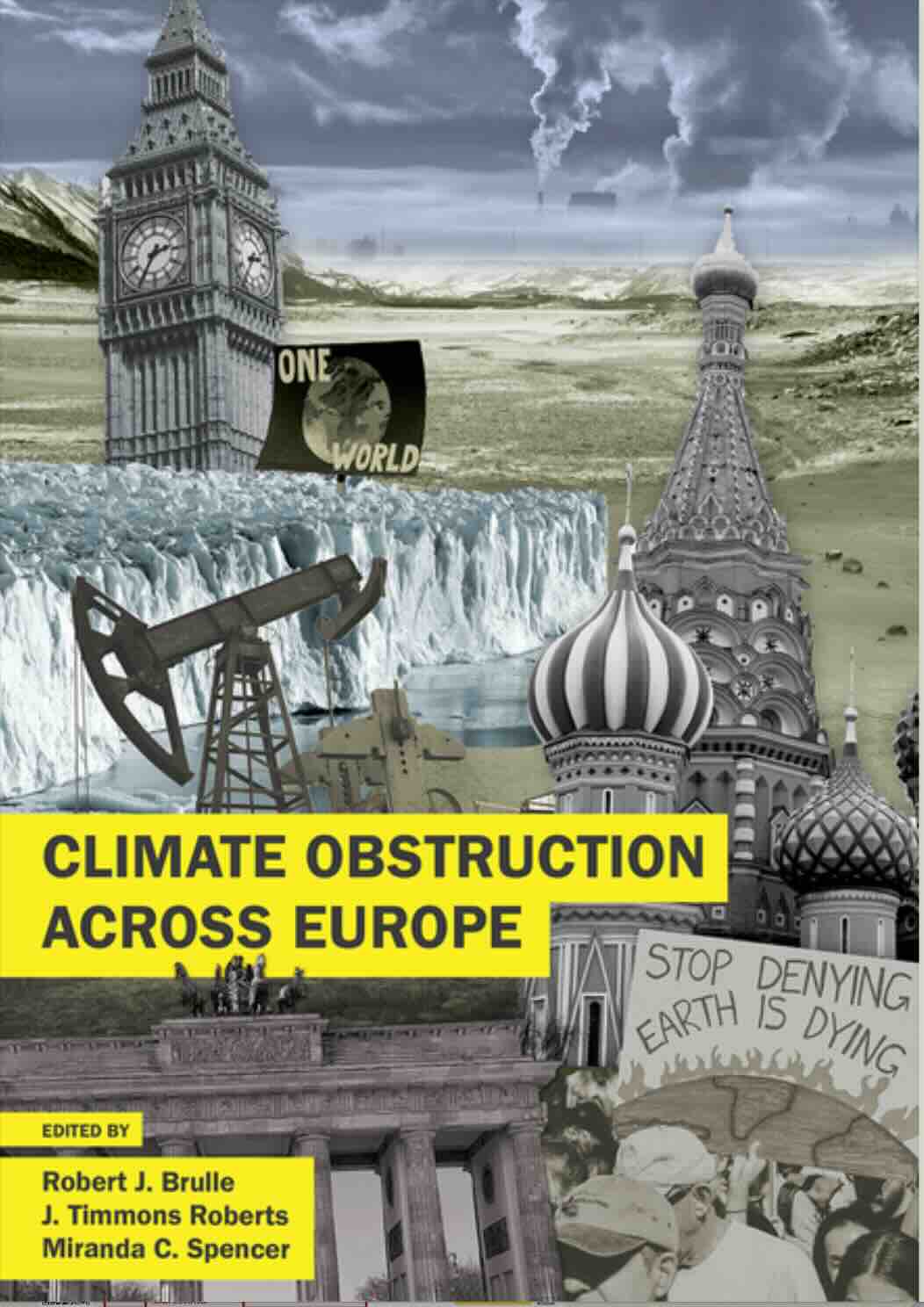2024 Oxford University Press (chapter)
Chapter: Oxford University Press
Climate Obstruction in Spain: From Boycotting the Expansion of Renewable Energy to Blocking Compassion Towards Animals

Moreno, Jose A. & Almiron, Núria (2024). Climate Obstruction in Spain: From Boycotting the Expansion of Renewable Energy to Blocking Compassion Towards Animals. In Climate Obstruction across Europe, edited by Robert Brulle, J. Timmons Roberts and Miranda Spencer (pp. 294-319). New York: Oxford University Press.
Follow this link to view the open access book
Climate Obstruction across Europe is a coordinated effort by the members of the Climate Social Science Network (CSSN), bringing together leading teams of experts to analyse climate obstruction across eleven European countries and the European Union as a whole. Climate Obstruction across Europe is the first book to document the development and nature of long-term efforts in Europe to obstruct action to reduce the greenhouse gas emissions responsible for global warming. Noting significant differences between countries, the book concludes with ten lessons about climate obstruction across Europe that emerged from the research.
"Climate Obstruction in Spain: From Boycotting the Expansion of Renewable Energy to Blocking Compassion Towards Animals", the chapter by Dr Moreno and Dr Almiron, draws on findings from the COMPASS and THINKClima research projects. The chapter reviews the history in Spain of obstruction to climate action from the time of the Franco dictatorship to the present day. The role of the energy sector is being dissected as long as the most neglected contributor to global warming, the animal agriculture sector. The chapter discusses the main actors and strategies involved in opposing climate action in Spain and offers two case studies related to interest groups. The first case highlights the role of think tanks in disseminating discourses opposing climate action. The second case exemplifies how the meat culture is fueled by the animal agriculture industry, despite its significant environmental impact and the unethical practices associated with animal farming, including the suffering of animals and related ethical concerns. The authors point out that a context of growing polarisation may currently hamper any progress towards effective reductions in our global warming emissions and environmental impacts in general. In this context, they point out that it would be desirable to work on building common ground and agreements to ensure that environmental policies move forward.
